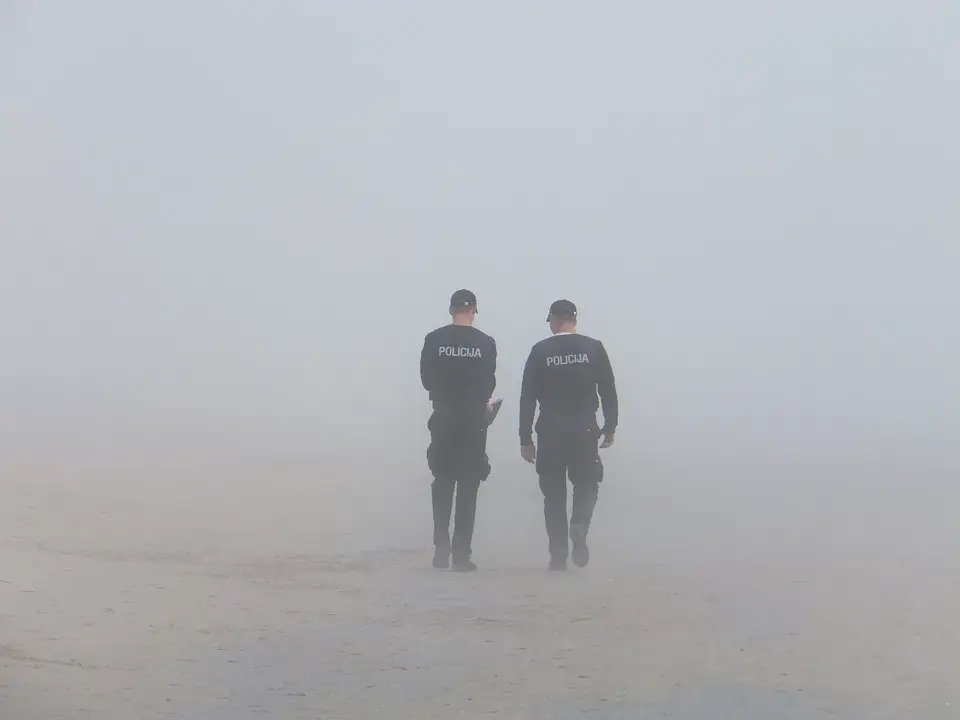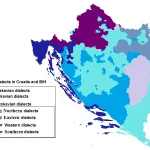Croatia is an extremely safe country and the vast majority of crimes are not heinous when compared to other countries. This little nation of just under four million inhabitants prides itself precisely on its enviable level of safety, and the chances are you’ll never need this information. That said, crime can and does happen, and it’s important to know the steps you need to take if you end up caught in the middle of a legally punishable offence. Whether you’re living here or just visiting, knowing how to report a crime to the Croatian police is an important bit of knowledge to have, even if it takes up space only in the back of your mind.
The Croatian police are available to the public 24 hours per day, seven days per week, and you’ll often see them wandering or driving around. This is especially the case in larger towns and cities, as well as in tourist destinations during the warmer months. In tourist destinations which aren’t otherwise towns or cities with a large number of residents outside of the tourist season, or if you’re in a rural area, you’ll naturally see less police presence.
In emergencies
Unlike in the UK or the USA, you won’t need to call 999 or 911, but 192.
You can also approach any Croatian police officer you see in the area.
You can also go to the nearest police station to you to report a crime, and you can do so while choosing to remain anonymous if you so wish, although it’s worth noting that this does depend on the way you’ve decided to report the crime in question. I’ll explain that in more detail below:
If you don’t go in person to the police station but instead choose to contact the authorities in writing, you don’t need to provide any of your personal information.
If you do go to the police station in person, you must still provide the personal information the officer(s) ask for, and a record of the situation will also be made and kept.
If it isn’t an emergency
Just like in any other country, you shouldn’t call 192 unless the situation you’re in is an emergency which requires a quick response from the Croatian police. While this country has far less inhabitants than most others in Europe, and is absolutely not comparable in this sense to let’s say, France or the UK, resources are still stretched thin and police officers do need to be available for actual emergencies.
In the case of you not needing a quick police response, you can always submit your report to the police (in writing) or to the State Attorney’s Office.
Caveats
Most people in Croatia speak some degree of English. The level of English fluency is incredibly high in this country and you wouldn’t be being ignorant or unwise to expect to come across a police officer who can at the very least communicate the basics with you or understand what you need. Once again, in more rural areas of the country, the level of spoken English is naturally less, and this is also the case for the authorities working there.
If the first Croatian police officer you speak with struggles to communicate with you, and you’re not able to convey what you need to in Croatian, an officer or other police staff member who does speak English or your native language (presuming it is German, Spanish, Italian, French or another widely spoken language) will be found to make communication more concise and easier.
Here in Zagreb at least, the Croatian police have been busy intensively brushing up on their English language skills in order to make themselves more available to foreign nationals who might end up running into trouble of some kind.
Most Croatian police officers are friendly and approachable. If you’ve been a victim of a crime or if you’ve witnessed a crime, don’t hesitate to make the appropriate contact.
Croatian police officers are free to ask anyone, at any time, to produce their ID card or other form of government-issused photographic identification. This can also be a residence permit or a passport. Remember, you’re supposed to carry a form of ID on your person at all times in Croatia, and while leniency with foreign visitors is a given, residents and citizesn can end up being landed with a small fine if they fail to provide this at the officer’s request.
The Croatian police carry guns. They rarely ever have to be used.
For more on living in or moving to Croatia, make sure to check out our dedicated lifestyle section and keep your eyes peeled for our How to Croatia articles which are published every Wednesday.











